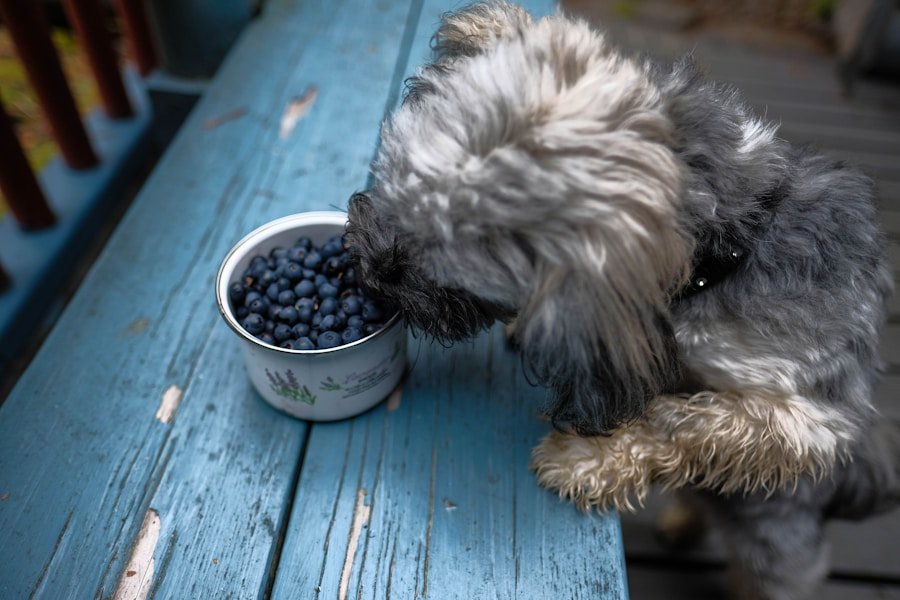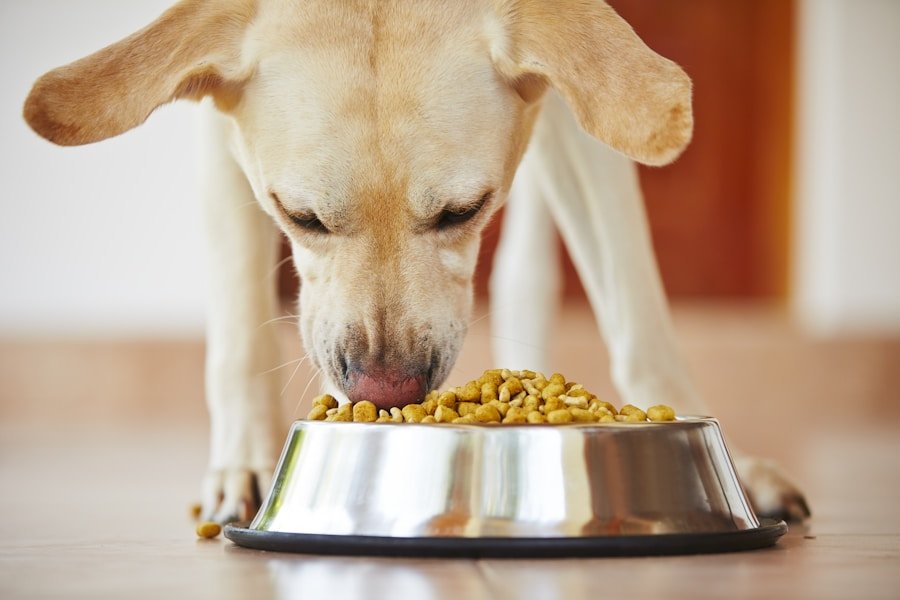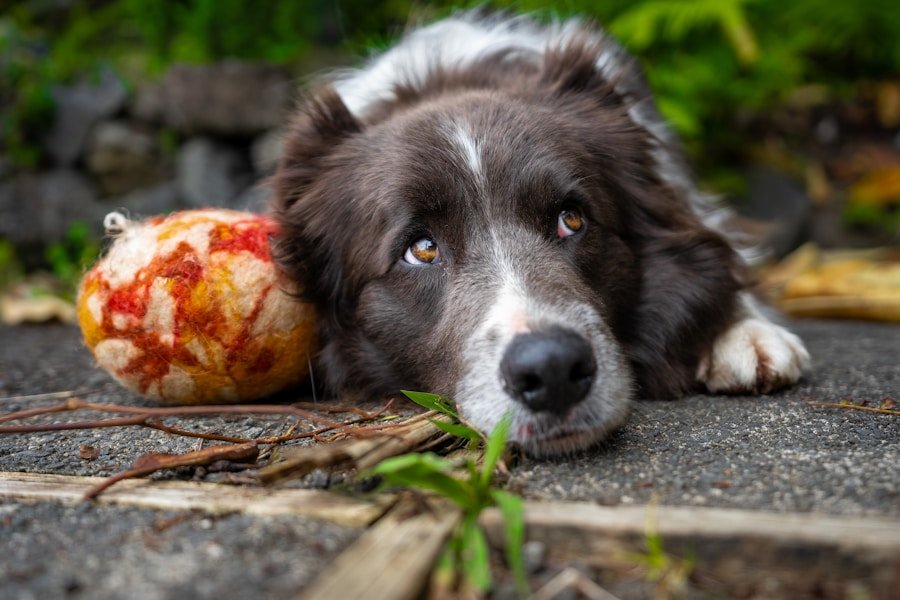Table of Contents
Chocolate, a beloved treat for many, is often associated with indulgence and pleasure. However, it is essential to recognize that chocolate, particularly in its dark form, contains compounds that can be toxic to certain animals, especially dogs. The primary culprits are theobromine and caffeine, both of which belong to a class of chemicals known as methylxanthines.
While humans can metabolize these substances relatively quickly, many animals lack the necessary enzymes to process them effectively. This difference in metabolism can lead to serious health issues for pets that consume chocolate. The severity of chocolate toxicity depends on several factors, including the type of chocolate consumed and the size of the animal.
Dark chocolate and baking chocolate contain significantly higher levels of theobromine compared to milk chocolate, making them particularly dangerous. Symptoms of chocolate poisoning in pets can range from mild to severe and may include vomiting, diarrhea, rapid breathing, increased heart rate, and even seizures. In extreme cases, ingestion can lead to death.
Therefore, it is crucial for pet owners to keep chocolate out of reach and educate themselves about the risks associated with this seemingly harmless treat.
Key Takeaways
- Chocolate can be toxic to dogs due to the presence of theobromine, which can cause vomiting, diarrhea, and even seizures.
- Grapes and raisins can cause kidney failure in dogs, so it’s important to keep them away from these fruits.
- Onions and garlic can cause damage to a dog’s red blood cells, leading to anemia, so it’s best to avoid feeding them to your pet.
- Xylitol, a sugar substitute often found in sugar-free gum and candy, can cause a rapid release of insulin in dogs, leading to low blood sugar and liver failure.
- Avocado contains persin, which can cause vomiting and diarrhea in dogs, so it’s best to keep them away from this fruit.
- Macadamia nuts can cause weakness, vomiting, and tremors in dogs, so it’s important to keep them out of reach.
- Alcohol can cause intoxication, lack of coordination, and even coma or death in dogs, so it’s crucial to keep all alcoholic beverages away from pets.
- Caffeine can cause restlessness, rapid breathing, and even heart palpitations in dogs, so it’s important to prevent them from consuming any products containing caffeine.
Grapes and raisins
Grapes and raisins are often considered healthy snacks for humans, packed with vitamins and antioxidants. However, these fruits pose a significant risk to dogs and can lead to acute kidney failure. The exact substance within grapes and raisins that causes this toxic reaction remains unidentified, but the consequences can be dire.
Even small amounts can trigger severe health issues in some dogs, while others may consume larger quantities without immediate effects, making it challenging to predict which pets will be affected. Symptoms of grape or raisin toxicity can manifest within hours of ingestion and may include vomiting, diarrhea, lethargy, and loss of appetite. As the condition progresses, dogs may exhibit signs of abdominal pain and dehydration.
If left untreated, kidney failure can occur within a few days, leading to more severe complications or even death. Pet owners should be vigilant about keeping grapes and raisins out of their pets’ reach and should seek immediate veterinary attention if they suspect their dog has ingested these fruits.
Onions and garlic

Onions and garlic are staples in many kitchens around the world, celebrated for their flavor-enhancing properties. However, these common ingredients can be harmful to dogs and cats alike. Both onions and garlic belong to the Allium family of vegetables, which contain compounds that can damage red blood cells in pets.
The toxicity of onions and garlic is dose-dependent; even small amounts can be harmful over time, especially if consumed regularly. Symptoms of Allium toxicity may not appear immediately and can take several days to manifest.
Pet owners should be on the lookout for signs such as weakness, lethargy, pale gums, and dark-colored urine. If a pet is suspected of having ingested onions or garlic, it is crucial to consult a veterinarian as soon as possible for appropriate treatment options.
Xylitol
| Property | Value |
|---|---|
| Chemical formula | C5H12O5 |
| Molar mass | 152.15 g/mol |
| Sweetness | Equal to sucrose |
| Calories | 2.4 calories per gram |
| Usage | As a sugar substitute in food and oral care products |
Xylitol is a sugar substitute commonly found in sugar-free products such as gum, candies, and baked goods. While it is safe for human consumption and often used as a healthier alternative to sugar, xylitol is extremely toxic to dogs. When ingested by pets, xylitol can cause a rapid release of insulin from the pancreas, leading to a dangerous drop in blood sugar levels known as hypoglycemia.
This condition can result in symptoms such as vomiting, loss of coordination, seizures, and even liver failure in severe cases. The effects of xylitol can occur within minutes of ingestion, making it crucial for pet owners to act quickly if they suspect their dog has consumed a product containing this sweetener. Treatment typically involves administering glucose or dextrose to stabilize blood sugar levels and monitoring liver function closely.
To prevent accidental ingestion, pet owners should carefully read labels on food products and keep items containing xylitol securely stored away from pets.
Avocado
Avocado is often hailed as a superfood for humans due to its rich nutrient profile and healthy fats. However, this creamy fruit poses risks for certain animals, particularly dogs and birds. The primary concern lies in a substance called persin, which is found in the leaves, pit, and skin of the avocado.
While most dogs can tolerate small amounts of avocado flesh without adverse effects, larger quantities or consumption of other parts of the fruit can lead to gastrointestinal upset or more severe health issues. Birds are particularly sensitive to persin; even small amounts can be toxic and potentially fatal. Symptoms of avocado toxicity in pets may include vomiting, diarrhea, difficulty breathing, and fluid accumulation around the heart.
Pet owners should exercise caution when consuming avocados themselves and ensure that any leftover parts are disposed of safely out of reach of their pets.
Macadamia nuts

Macadamia nuts are a popular snack among humans for their rich flavor and crunchy texture. However, these nuts are highly toxic to dogs and can cause a range of symptoms that may be alarming for pet owners. The exact mechanism behind macadamia nut toxicity is not fully understood; however, it is known that even small amounts can lead to serious health issues in dogs.
Symptoms typically appear within 12 hours of ingestion and may include weakness, tremors, hyperthermia (elevated body temperature), vomiting, and lethargy.
While most dogs recover with prompt veterinary care, it is essential for pet owners to keep macadamia nuts out of reach and be aware of the potential dangers associated with this seemingly innocuous snack.
Alcohol
Alcohol consumption is widely accepted among humans as a form of social enjoyment; however, it poses significant risks for pets. Even small amounts of alcohol can lead to intoxication in animals due to their smaller body size and different metabolic processes. Dogs and cats are particularly susceptible to the effects of alcohol, which can result in symptoms ranging from mild disorientation to severe respiratory distress or even death.
The signs of alcohol poisoning in pets may include vomiting, diarrhea, difficulty breathing, tremors, seizures, and loss of consciousness. If a pet is suspected of having ingested alcohol or any products containing alcohol—such as certain baked goods or mouthwash—immediate veterinary attention is crucial. Pet owners should be diligent about keeping alcoholic beverages out of reach and educating themselves about the dangers associated with alcohol consumption in pets.
Caffeine
Caffeine is a stimulant found in various beverages such as coffee, tea, and energy drinks. While many people enjoy caffeine for its energizing effects, it can be harmful or even fatal to pets. Dogs and cats are particularly sensitive to caffeine due to their inability to metabolize it effectively.
The toxic components include not only caffeine itself but also related compounds found in chocolate. Symptoms of caffeine toxicity in pets may include restlessness, rapid breathing, increased heart rate, muscle tremors, and gastrointestinal upset. In severe cases, caffeine ingestion can lead to seizures or cardiac arrest.
The amount of caffeine that poses a risk varies depending on the size of the animal; even small amounts can have adverse effects on smaller pets. Pet owners should be cautious about leaving caffeinated products unattended and should seek veterinary assistance if they suspect their pet has ingested caffeine. In conclusion, while many foods are safe and nutritious for humans, they can pose serious health risks for pets.
It is essential for pet owners to educate themselves about these dangers and take proactive measures to keep their furry companions safe from harmful substances like chocolate, grapes, onions, xylitol, avocado, macadamia nuts, alcohol, and caffeine. By being vigilant and informed about what foods are toxic to pets, owners can help ensure their beloved animals lead healthy and happy lives free from preventable health issues.
If you’re concerned about toxic foods for dogs, you may also be interested in reading about the cost of caring for a pet bird. Check out this article to learn more about the financial aspects of owning a feathered friend.
FAQs
What are toxic foods for dogs?
Toxic foods for dogs are any human foods that can be harmful or even fatal to dogs if ingested. These foods can cause a range of symptoms from mild gastrointestinal upset to more severe issues such as kidney failure or even death.
What are some common toxic foods for dogs?
Some common toxic foods for dogs include chocolate, grapes and raisins, onions, garlic, avocado, alcohol, caffeine, and xylitol (a sugar substitute often found in sugar-free gum and other products).
Why are these foods toxic to dogs?
These foods are toxic to dogs because they contain substances that can be harmful to a dog’s system. For example, chocolate contains theobromine, which dogs cannot metabolize as effectively as humans, leading to toxicity. Grapes and raisins can cause kidney failure in dogs, while onions and garlic can cause damage to red blood cells.
What are the symptoms of toxicity in dogs from these foods?
Symptoms of toxicity in dogs from these foods can include vomiting, diarrhea, lethargy, weakness, tremors, seizures, and in severe cases, organ failure or death.
What should I do if my dog ingests a toxic food?
If your dog ingests a toxic food, it is important to seek veterinary care immediately. Do not wait for symptoms to appear, as some toxicities can be more effectively treated if addressed early. It is also helpful to bring the packaging or any remaining food with you to the vet to help them determine the best course of action.


